Having trouble understanding how much you should spend on your next gaming PC? It will differ based on personal circumstances, but let's explore the factors that determine the value of a gaming PC and help you make an informed decision.
1. Setting Expectations
One of the key factors to consider when determining the value of a gaming PC is its performance. A high-performance PC allows you to play the latest games at higher settings and smoother frame rates. However, keep in mind that more powerful components come with a higher price tag. A new gaming PC, if well-configured and reasonably priced for its hardware, exemplifies the concept of "you get what you pay for" in terms of gaming performance per dollar. Component manufacturers, especially those that directly impact gaming performance like GPU and CPU, often price their products relative to their comparative performance against the competition. Once you exceed the mid-range, you often experience diminishing returns on your investment as you step up each tier in performance. However, for bleeding-edge top-of-the-range products, you should expect to pay a premium.
2. Graphics Card (GPU), the single biggest decision
The graphics card is a crucial component of a gaming PC and determines the level of performance you can expect in most games. Investing in a good graphics card can significantly enhance your gaming experience. It's the key component that determines gaming performance, as long as the other components in the system don't bottleneck it. If balanced correctly, the graphics card is often the most expensive component of a modern gaming PC. Therefore, it's common to start with selecting the graphics card and then build the rest of the PC around it, based on the desired level of performance. Alternatively, you can set a budget and work backwards from there, determining the best graphics card you can get within your budget without having other components bottleneck it.
3. Processor (CPU)
The processor, or CPU, is responsible for handling the calculations and tasks required by games. A faster and more powerful processor can improve game performance and reduce loading times, but its most important role in a gaming PC is keeping up with the graphics card. As long as the CPU doesn't bottleneck the graphics card, the in-game performance (measured most commonly in FPS or "frames per second") will be dictated by the graphics card. The major exception to this rule is large-scale simulation and strategy games that rely on computing a large amount of game logic on the CPU. In these instances, the reverse can be true. It's all about balance!
4. Memory and Storage
Having enough memory (RAM) and storage space is essential for a gaming PC. More RAM allows the system to cache more data for quick access by the CPU, while insufficient RAM capacity will result in more data being called on demand from the comparatively slower storage devices. Faster storage devices like NVMe SSDs offset this slightly, but you'll still see a significant performance boost when you have adequate RAM capacity to avoid this. Generally, 16GB of RAM is the minimum for a gaming PC, while 32GB is considered ample and 64GB is overkill. There are instances where you may benefit from more than 32GB of RAM in a gaming PC, but it will rarely, if ever, be necessary for gaming. An example might be editing large high-resolution video files in software like Adobe Premiere Pro or Sony Vegas.
5. Power supply, motherboard, chassis, and cooling
These are often the last considerations when configuring a gaming PC, as they depend on requirements or restrictions set by the selection of other core components. Once you know the CPU and graphics card you're working with, you'll need to select a power supply adequate to power them, a motherboard compatible to run them, a case large enough to fit them, and a cooling solution powerful enough to prevent overheating. These are all important decisions, and there are ample possibilities to overspend or compromise performance with the wrong selections. Our online PC customizer will help prevent you from making incompatible selections (e.g., insufficient power supply wattage or incompatible components), so you don't have to worry. Any issues will be highlighted and explained in red, allowing you to make the necessary adjustments before placing an order.
6. How much will all this cost?
The cost of a gaming PC can vary greatly depending on the components and specifications you choose. Entry-level gaming PCs can start around $1000 to $1500, while high-end enthusiast gaming rigs can easily exceed $5000 or more. The average gaming PC we sell typically falls between $2,500 and $3,500. It's important to set a budget that aligns with your gaming needs and financial situation. The great thing about PC gaming is that there is a wide range of options to choose from, allowing you to tailor a solution to your exact budget and needs. Check out our prebuilt gaming PC range to see a variety of gaming PCs at different price points, giving you an idea of what a well-rounded system looks like and where your target performance fits in terms of price. If none of the prebuilt options align perfectly with what you're looking for, head over to our online gaming PC customizer to create a system that meets your exact needs.
7. Need help? We're here for you!
Please don't hesitate to reach out to us if you need help with any of the above or have any questions about our products and services. Our team of experts is ready to assist and guide you in the right direction, ensuring you get the best possible value for your money with your next gaming PC. Reach out via the contact page on our website, give us a call, or visit our store if you're local to our Melbourne HQ to experience why we're Australia's highest-rated and most trusted gaming PC retailer.
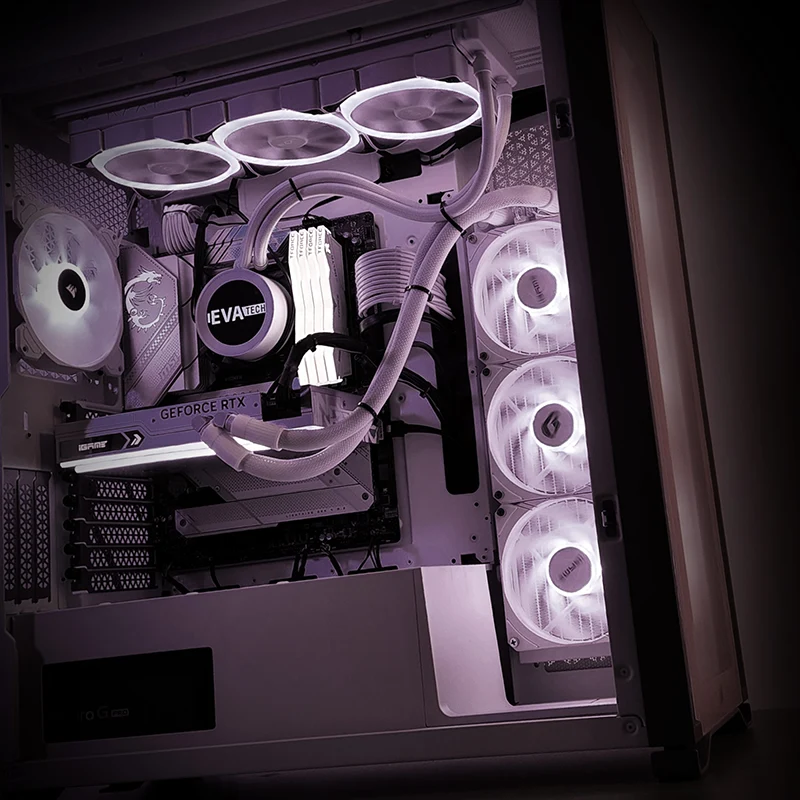
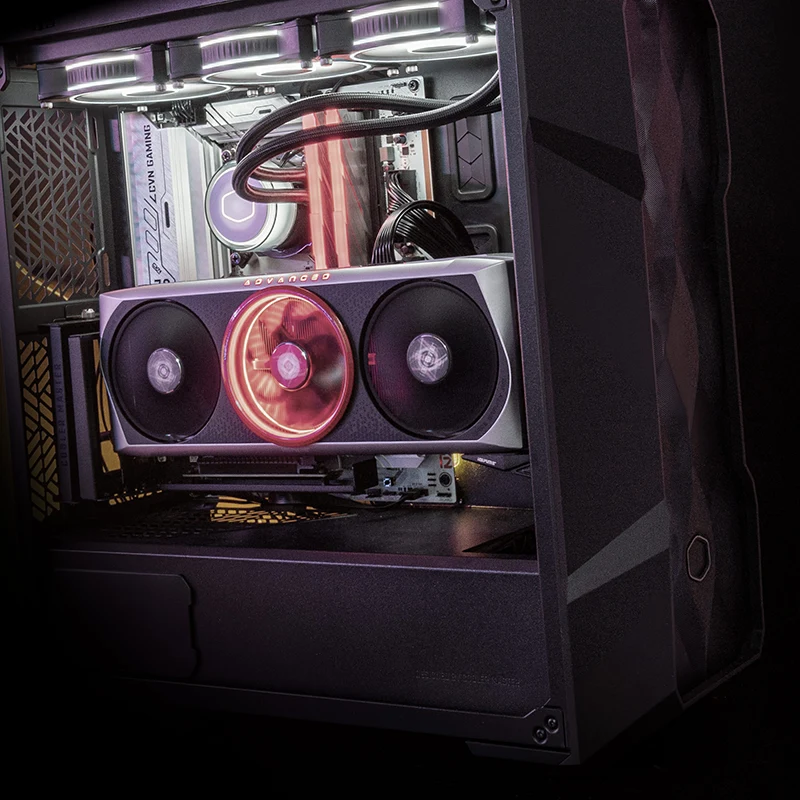
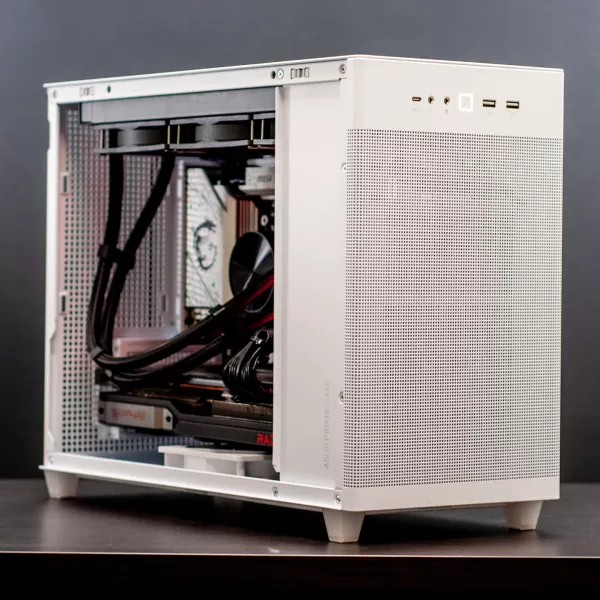
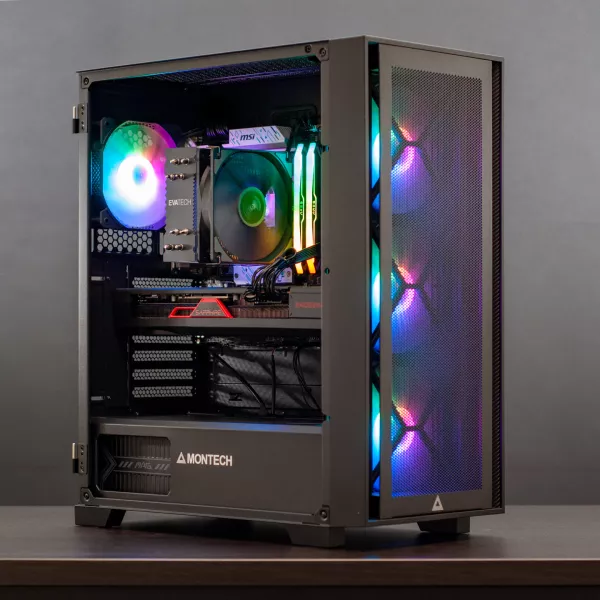
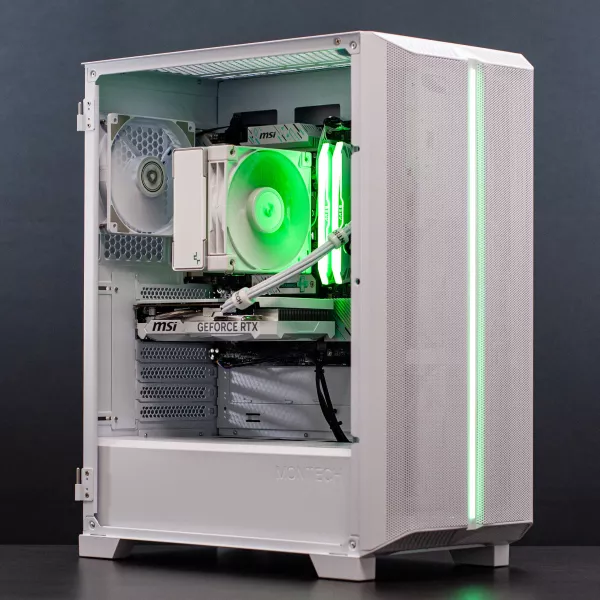
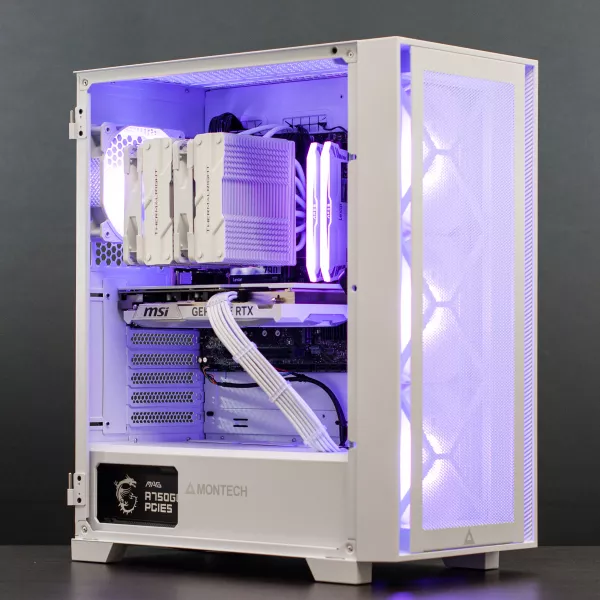
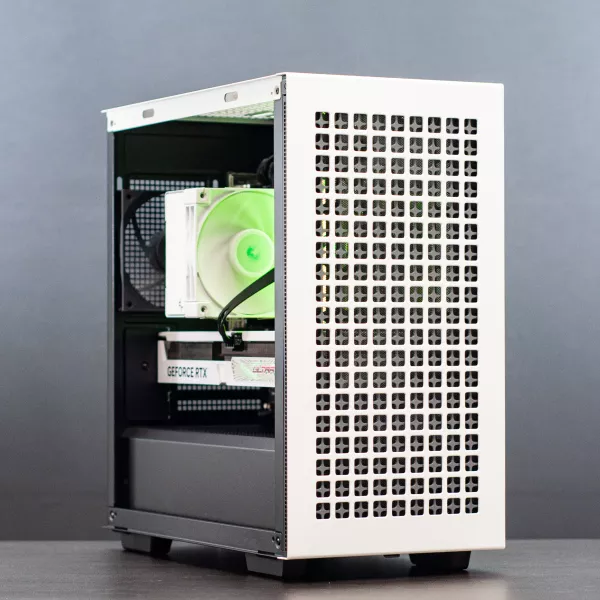
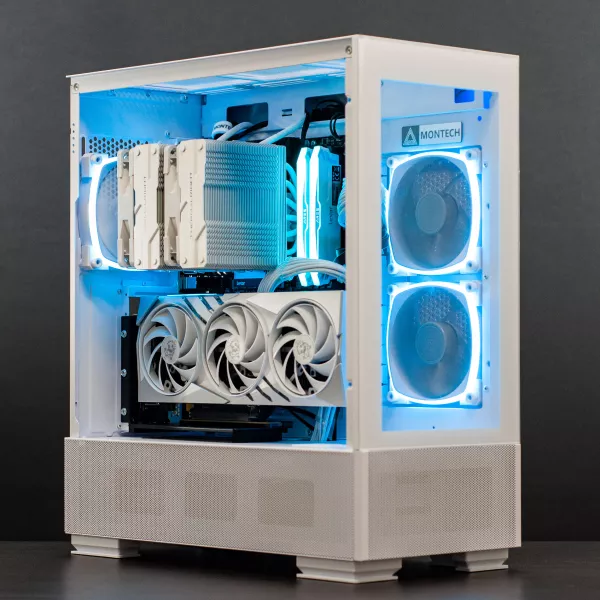
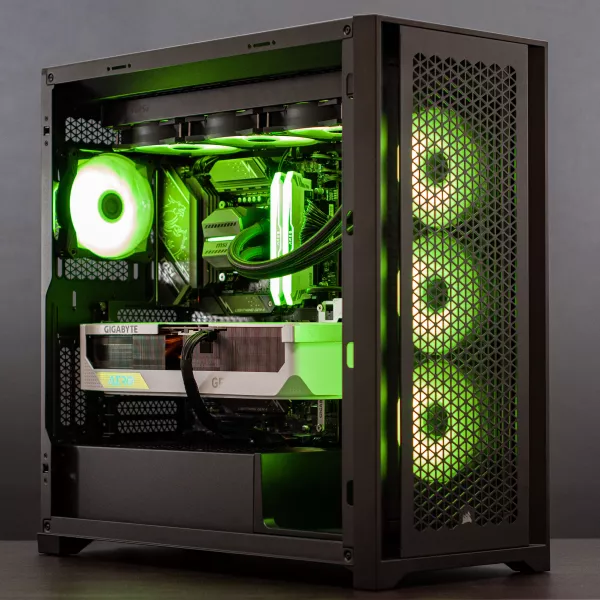
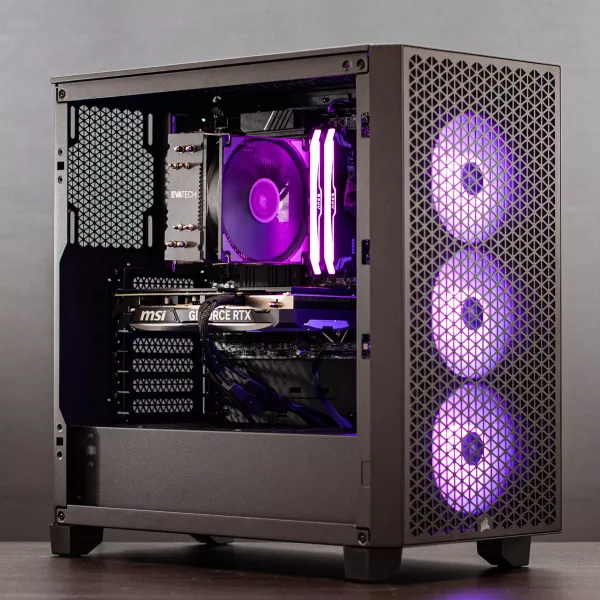
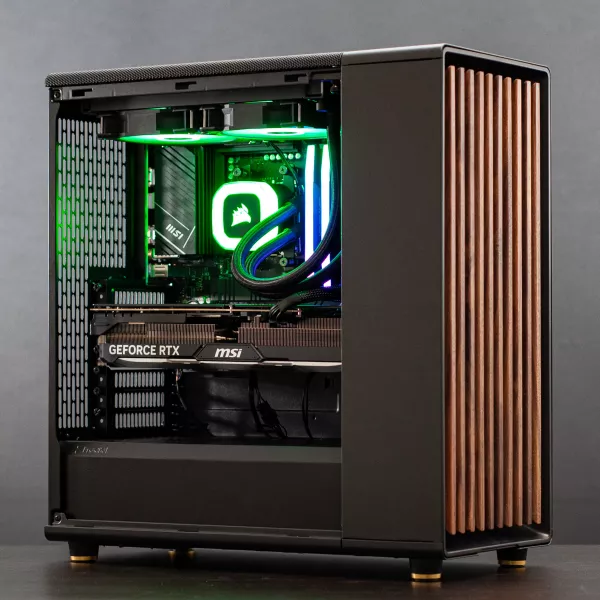
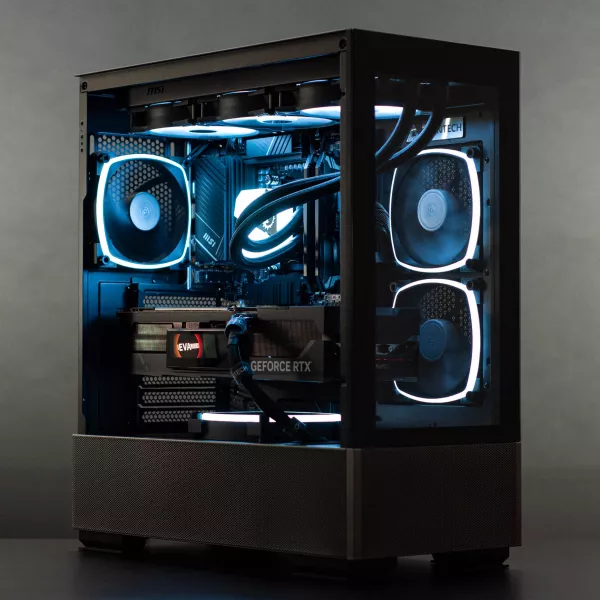
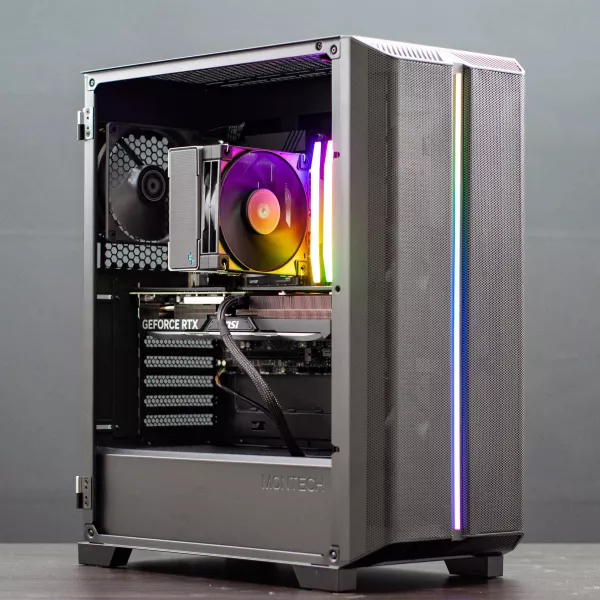
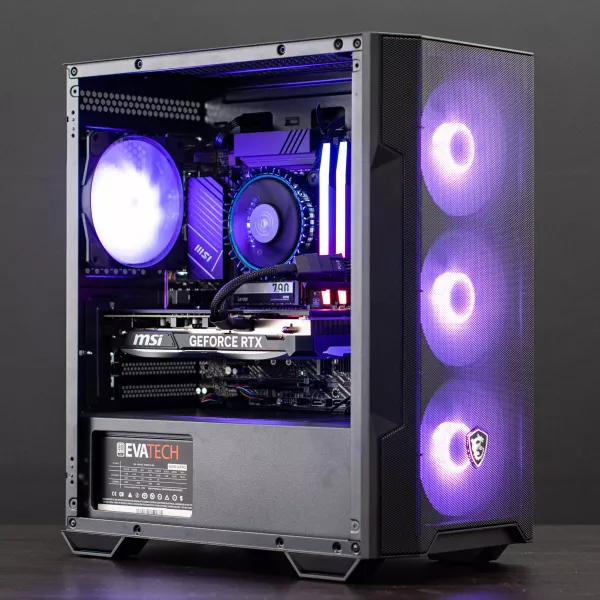
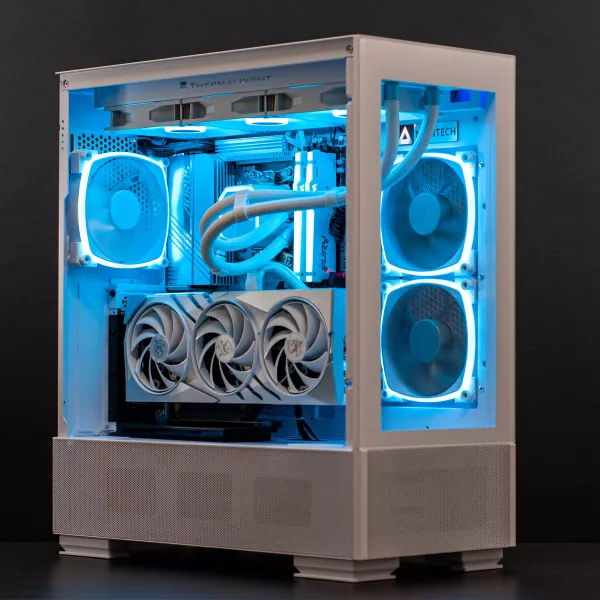
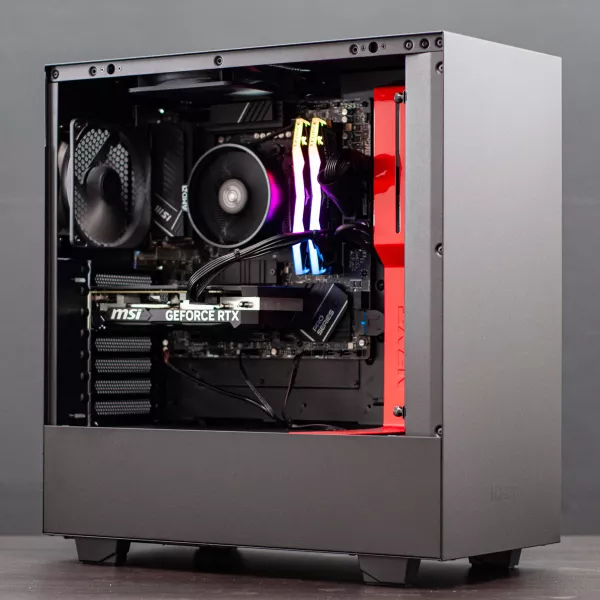
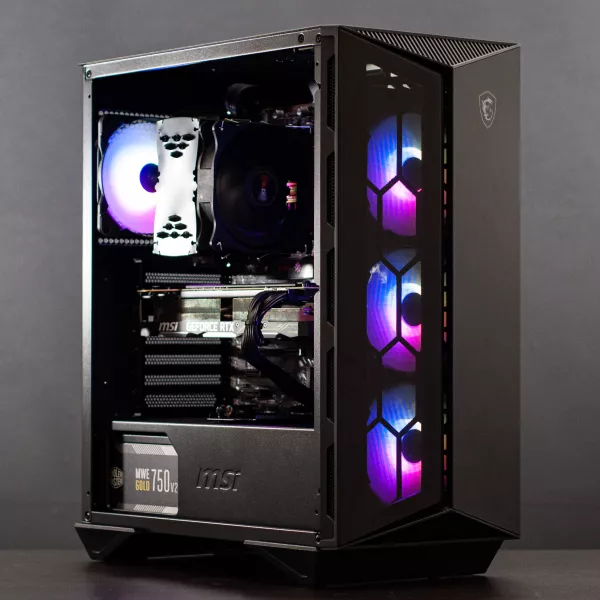
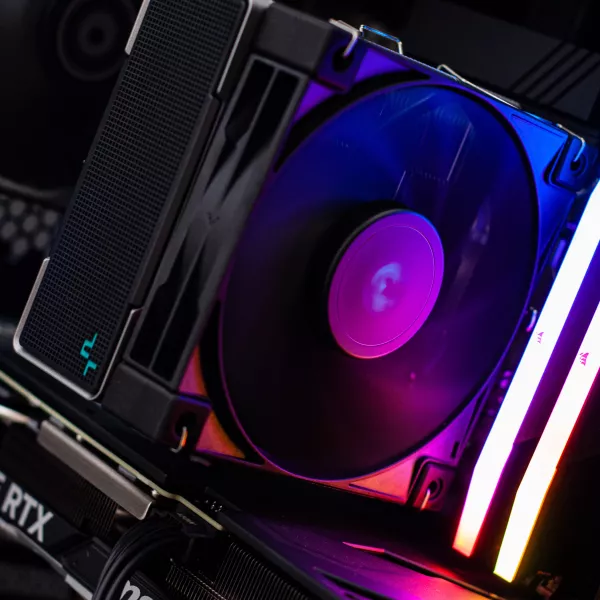
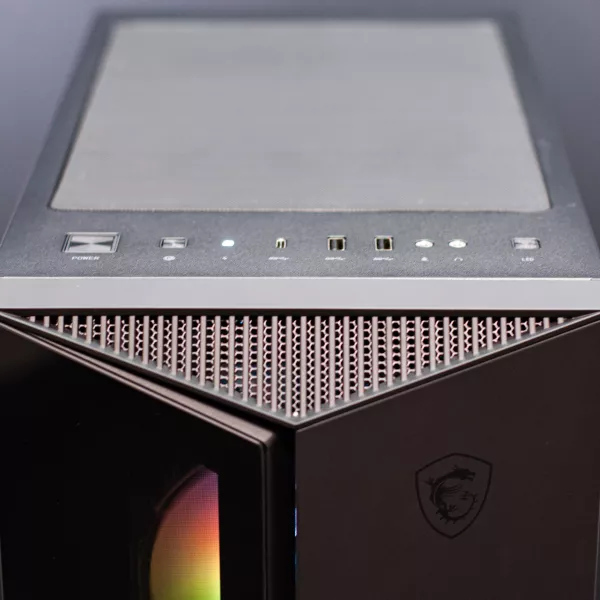
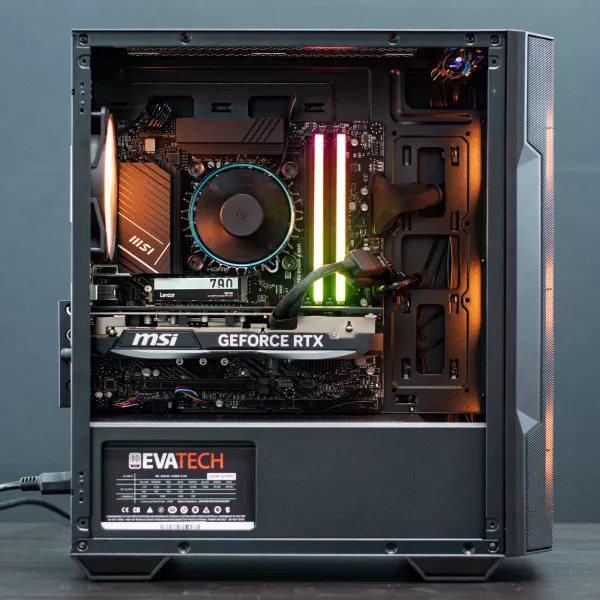
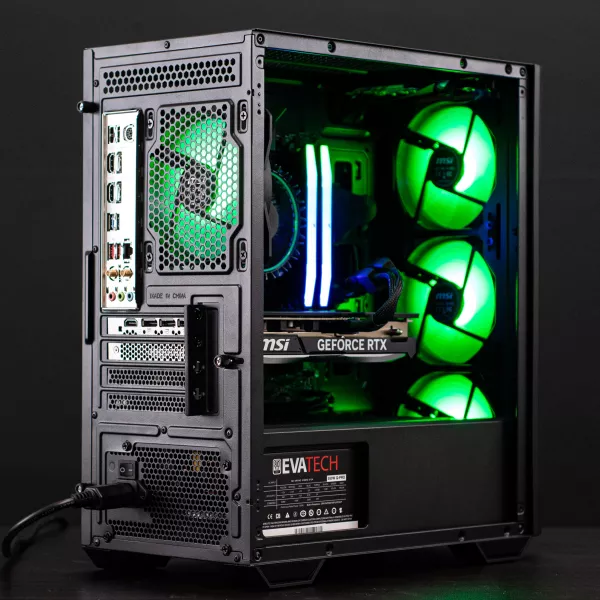
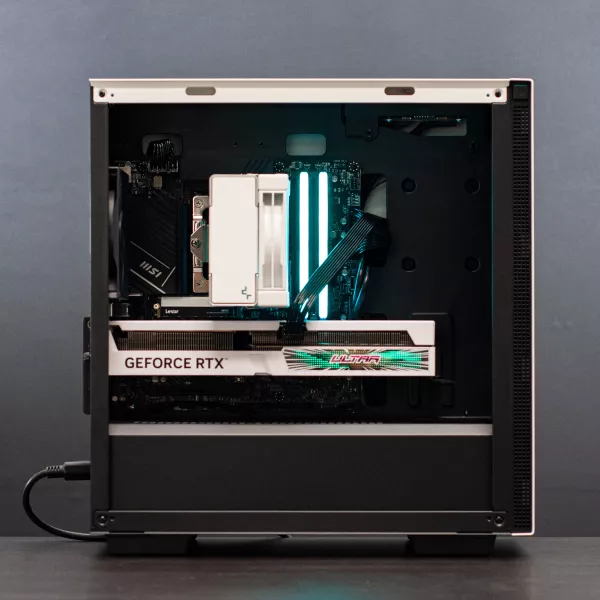
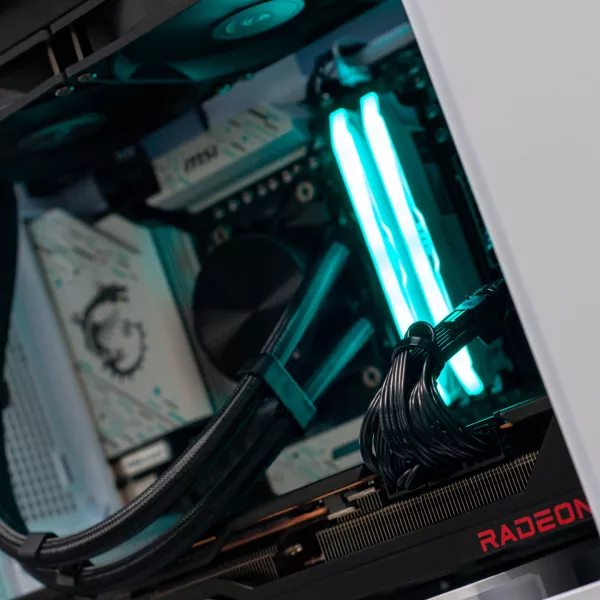
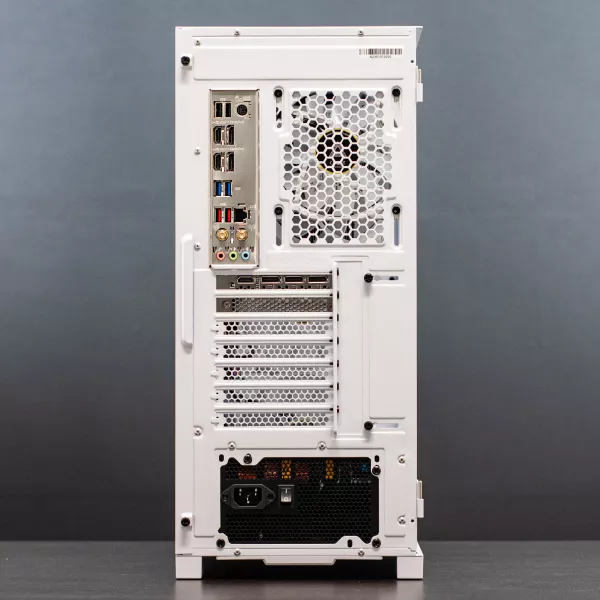












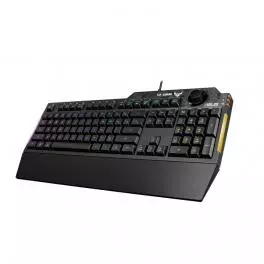











 5/2 Fiveways Boulevarde, 3173 VIC
5/2 Fiveways Boulevarde, 3173 VIC Monday - Friday 10am-6pm
Monday - Friday 10am-6pm +61 (03) 9020 7017
+61 (03) 9020 7017 ABN 83162049596
ABN 83162049596 Evatech Pty Ltd
Evatech Pty Ltd